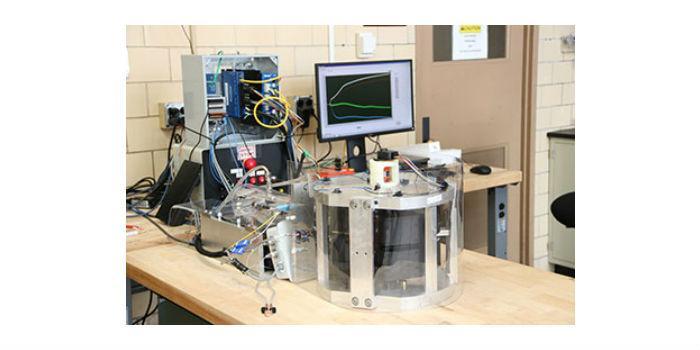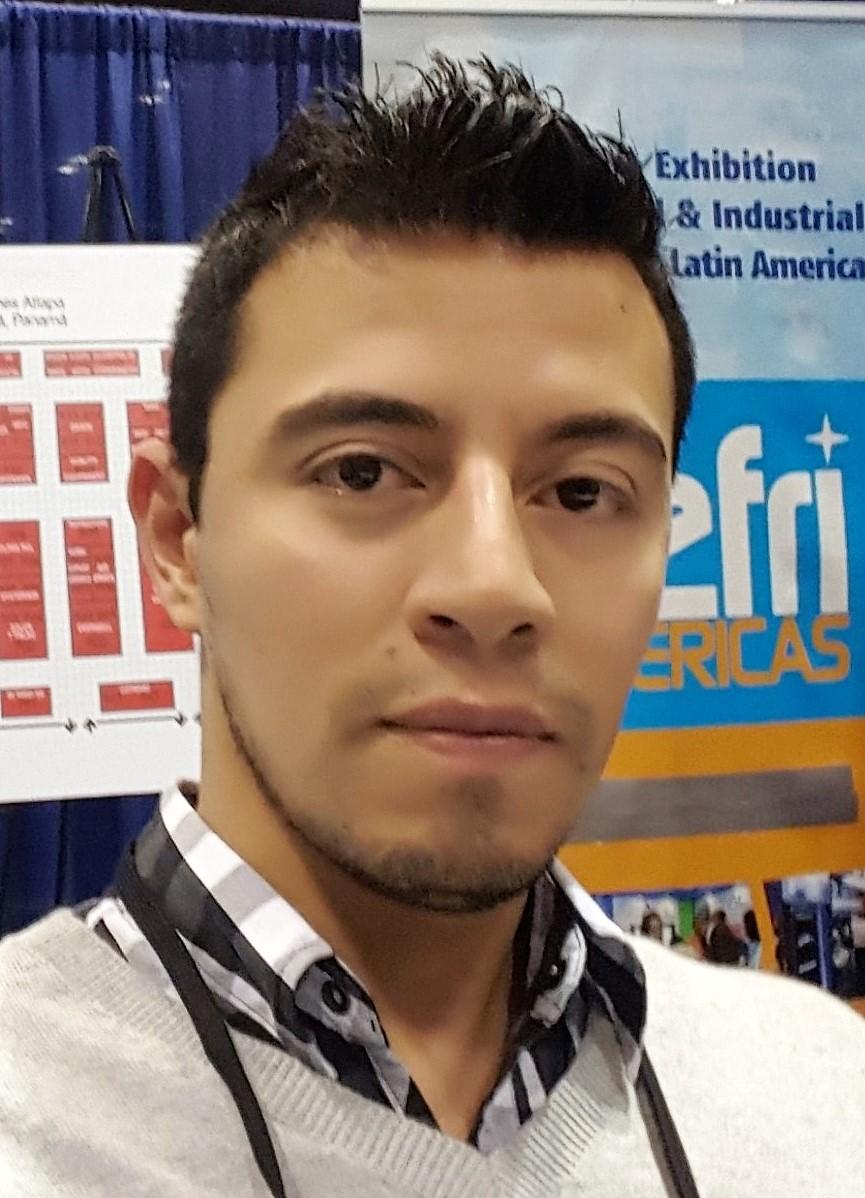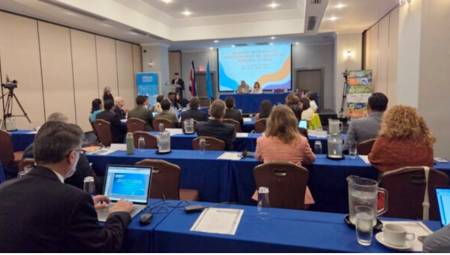 United States. Researchers at the U.S. Department of Energy's Ames Laboratory designed and built an advanced model system that successfully uses very small amounts of magnetocaloric materials to achieve cooling at the cooling level.
United States. Researchers at the U.S. Department of Energy's Ames Laboratory designed and built an advanced model system that successfully uses very small amounts of magnetocaloric materials to achieve cooling at the cooling level.
The development marks an important step in creating new technologies to replace gas compression cooling from 100 years ago with solid-state systems up to 30 percent more energy efficient.
Called CaloriSMART, the system was designed specifically for the rapid evaluation of materials in regenerators without a large investment in time or manufacturing. The initial test subjected a gadolinium sample to sequential magnetic fields, causing the sample to alternate between heating and cooling. Using precise time pumps to circulate water during those heating and cooling cycles, the system demonstrated a sustained cooling power of about 10 watts, with a gradient of 15 degrees Celsius (between less than 30°F) between the cold and hot ends using just three cubic centimeters of gadolinium.
"Despite the predictions, we would fail due to inefficiencies and anticipated losses, we always believed it would work," said Vitalij Pecharsky, CaloriCool® project manager and ames lab scientist. "But we were pleasantly surprised at how well it worked. It's a remarkable system and works exceptionally well. Magnetic cooling near room temperature has been extensively researched for 20 years, but this is one of the best systems ever developed."
Pecharsky credited project scientist Julie Slaughter and her team for designing the system that took about five months to build. 3D printing capabilities were used to custom build the collector that contains the sample and circulates the fluid that actually harnesses the cooling power of the system. The system also features custom neodymium-iron-boron magnets that deliver a concentrated magnetic field of 1.4 Tesla to the sample, and the precision in-line pumping system that circulates the fluid.
"We only need 2-5 cubic centimeters of sample material, in most cases about 15-25 grams," Slaughter said. "We're setting the benchmark with gadolinium and we know there are other materials that will work even better." And our system should be scalable (for commercial cooling) in the future."
"But the main reason we conceived and built CaloriSMART is to accelerate the design and development of caloric materials so that they can move into the manufacturing space at least two to three times faster compared to the 20 years it normally takes today." Added. Pecharsky, who is also an Anston Marston Distinguished Professor in the Department of Materials Science and Engineering at Iowa State University.
The magnetocaloric test is just the beginning. The plan is to upgrade the system to work with elastocaloric materials that are reversibly heated and cooled when subjected to cyclic stress or compression and electrocaloric materials that do the same when subject to a changing electric field. The system will even operate in a combined field mode that allows a combination of techniques to be used simultaneously.
"There are a handful of places that study elastocaloric and electrocaloric materials," Pecharsky said, "but no one has all three in one place and our system now gives us that capability."
Source: Ames Laboratory - U.S. Department of Energy USA














